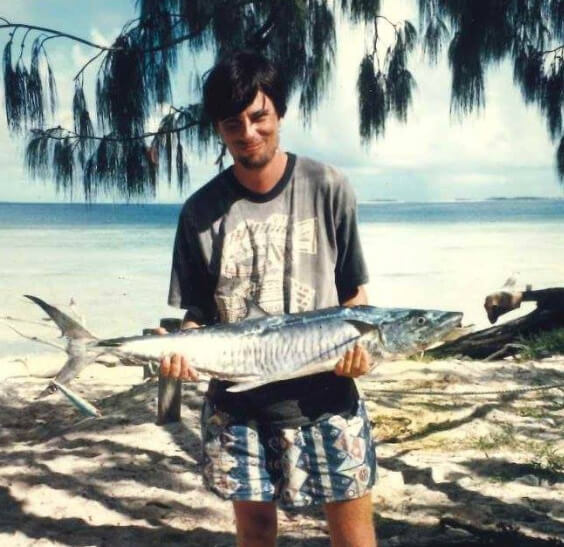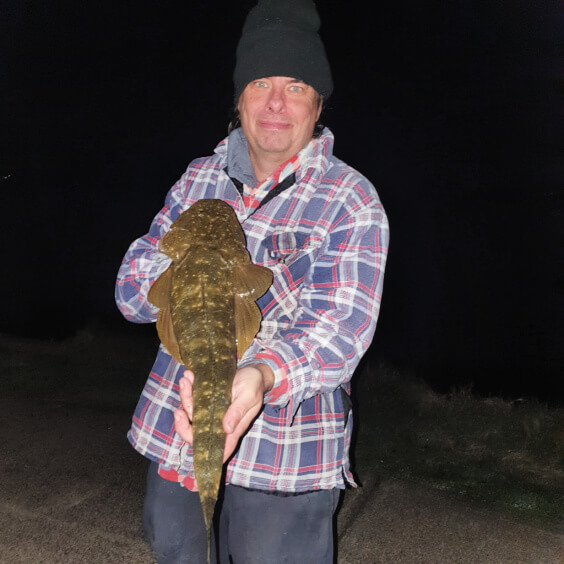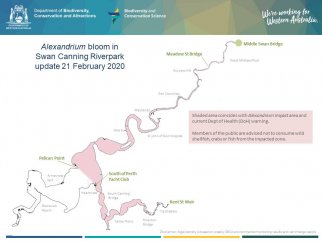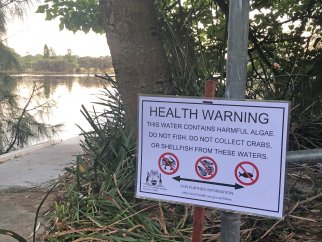For some people fishing is just a hobby or a pastime, but for leading Queensland marine biologist Daryl McPhee, it was a genuine life-saver.
The health and well-being benefits of fishing are often forgotten when discussing the role it plays in our lives, but Daryl knows from his own experience just what that can mean.
Now based at Bond University, he is one of Australia’s leading experts on the marine environment, including having worked with the WA State Government on shark mitigation policy, but as a youngster Daryl found himself in the heartbreaking position of being homeless.
With an alcoholic mother, a teenage Daryl turned to fishing as a way to feed himself, leading to lifetime love of our pastime.

Daryl recently recounted his remarkable life story, and the crucial part fishing played in it, to ABC Radio.
“I had a passion for marine science as a little kid,” he said.
“My father committed suicide when I was 18 months of age. He was an alcoholic.
“I wasn’t introduced to it by my parents; I just love fish and fishing and everything started from there.”
At the age of 13, Daryl and his mum were evicted from their rental property in Sydney and headed to Brisbane, forcing him to live in a crisis shelter.
He had a fishing rod and would catch the train to a spot where he would fish to feed himself while also studying at a local high school.
“In the early years I didn’t go (to school) too much, because I didn’t have money to do things like excursions,” he said.
“I’d go fishing for food, because fishing became the way that I fed myself.”
Ultimately, Daryl realised education was the key to a better life and studied diligently, choosing science for a career and graduating from University of Queensland with three degrees.
His mother passed away after a prolonged illness related to alcohol, but she would be proud of her son’s achievements, in which fishing still features prominently.
“As I’ve come to realise through my own academic studies, fishing is very important in terms of mental health, particularly (for) men,” he said.
“A lot of men aren’t happy or predisposed to want to do things like yoga etc, but fishing is a mindfulness activity that works well for a lot of men.”

Daryl has passed the love of fishing onto his children, and takes great pride in posting pictures of their latest catches to his Facebook page.
Like he did all those years ago when he had nothing else, their catches are usually destined for the family table, where they are greatly appreciated.
Daryl himself still fishes every week and also enjoys taking some of his students fishing.

